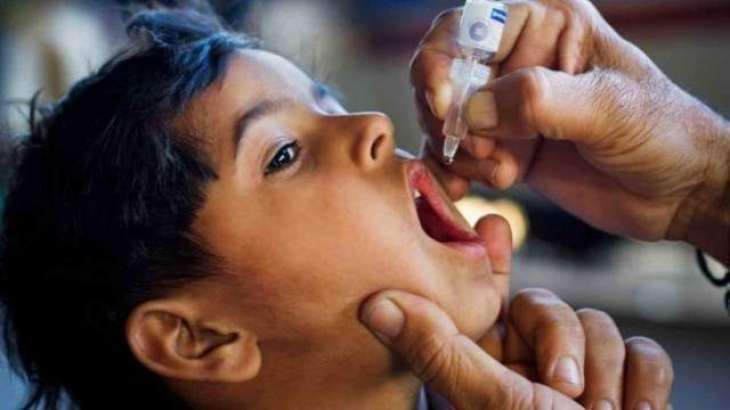The United Arab Emirates is making significant efforts and contributions to the Global Polio Eradication Initiative, with the country's national immunisation campaign providing a model to be copied for eradicating the highly infectious childhood disease which was once prevalent throughout the world.
ABU DHABI, (Pakistan Point News - 23rd Oct, 2018) The United Arab Emirates is making significant efforts and contributions to the Global Polio Eradication Initiative, with the country's national immunisation campaign providing a model to be copied for eradicating the highly infectious childhood disease which was once prevalent throughout the world.
Speaking to Emirates news Agency (WAM), Dr Omniat Al Hajri, Director of the Public Health Division at the Department of Public Health - Abu Dhabi said polio is one of the world's highly infectious disease and its negative impact is not confined to the future of the infected child, but rather the entire family and society at large.
"Since 1993 when the country has been confirmed polio-free by the World Health Organisation, our UAE wise leadership has spared no efforts to ensure full eradication of the disease, both outside and inside the country, and we have been collaborating over the years with WHO on the Global Polio Eradication Initiative," she added.
Abu Dhabi has developed supplementary campaigns to ensure full eradication of the illnesses across the region," she added, highlighting the significant support provided by His Highness Sheikh Mohamed bin Zayed Al Nahyan, Crown Prince of Abu Dhabi and Deputy Supreme Commander of the UAE Armed Forces in cooperation with the Bill and Melinda Gates Foundation to put an end to the disease.
"A large number of children from various world countries, particularly in Pakistan, Afghanistan and neighbouring nations, as well as Ethiopia, Somalia and Sudan, have benefited from the campaign which is aimed at ensuring a polio-free world by 2019," she noted.
VDPV occurs where there is poor sanitation and low levels of vaccination coverage. When a child is vaccinated the vaccine-virus replicates in the gut, generating an immune response. The vaccine is then excreted and on very rare occasions can mutate and spread to other children.
Polio is a highly infectious disease that can cause lifelong paralysis, but it is entirely preventable with vaccines. When the polio eradication effort was launched in 1988, 350,000 children were paralysed by polio every year across 125 countries.
Polio eradication efforts have since made remarkable progress and there were only 22 cases in 2017 - the lowest ever recorded number. However, a number of key challenges remain. Reaching the most vulnerable children with the polio vaccine is hampered by a range of hurdles including difficult terrain, insecurity, and large-scale population movements.




